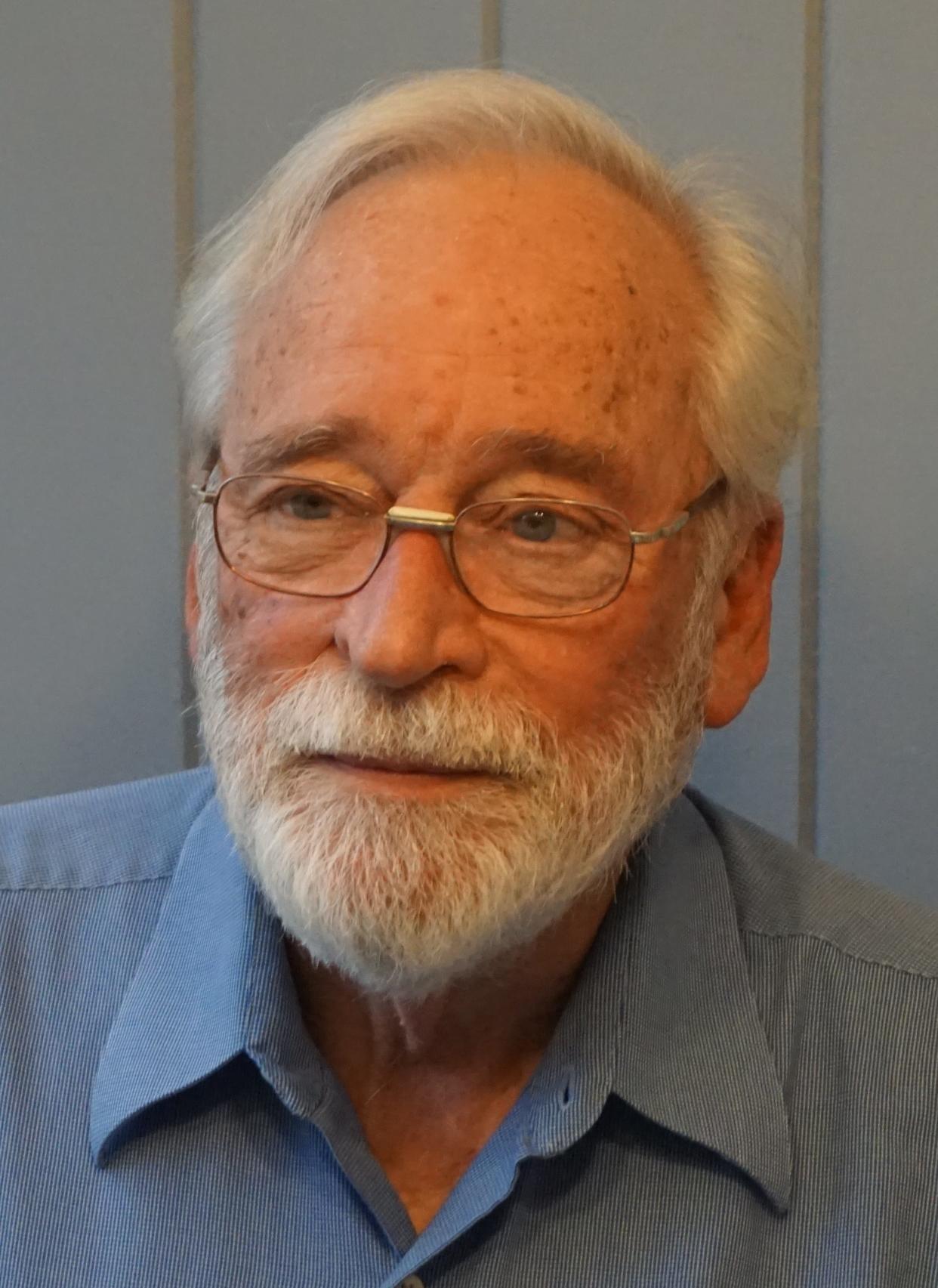Charles Milliken: Are Republicans conservative? Are Democrats liberal?
In the popular imagination, the two major political parties in the U.S. are synonymous with two basic political philosophies. Everyone knows the Democrats are liberals and the Republicans are conservatives.
But are they?
It’s not a question often asked. We live in an age in which, it must be admitted, political discourse is conceptually thin. We focus on surface-level issues (like how we should control the border) and give little attention to more foundational matters (like the nature of a nation and how immigration impacts it).
In this context, liberal and conservative function as convenient labels with little clear content. One of them is blue, the other red. One’s a donkey, the other is an elephant. One is my team, so that’s the one I root for. The other is the other team, so I boo for them. That’s often probably about as deep as it goes.

If we go deeper, however, and unpack what these terms mean — and the political traditions toward which they point — I think we’d be in for some surprises.
Let’s start with conservatism. This philosophy prizes the traditions and foundational elements of society — especially the family, religion, and place — and prioritizes their preservation as the means to ensure a flourishing nation. It is skeptical of revolutionary changes and state power.
What about liberalism? As the name suggests, this political philosophy is centered on freedom. It sees securing the freedom of the individual to live life as he sees fit as the central priority of the government. It is skeptical of a vision of the good life imposed on all and wary of state power.
How well do these philosophies describe our parties? Are Republicans conservative? There are certainly some conservative impulses on display. Republicans tend to think the state is too large and holds too much power. They have more positive views of religion and the traditional family. They worry about changes in culture brought about by mass immigration.
And yet, for decades, Republicans have also strongly supported unrestrained global capitalism that has been one of the most effective means of upending traditions and settled ways of life the world over. They have, until recently, shown none of the skepticism towards large corporations that they reflexively exhibit towards the state. They have not troubled themselves much over conservation, a natural conservative concern.
Are Democrats liberal? We can see the philosophy manifested clearly in recent decades in at least one area: the priority of personal freedom when it comes to matters of morals, sexual and otherwise. The Democrats have pushed to make space for people to pursue their own ways of living.
And yet this freedom is narrowly defined. Democrats tend to support an intrusive regulatory regime and bloated bureaucracy that constrain freedom at every turn. More recently, under the influence of woke ideology, there is a pronounced shift away from freedom of speech and thought towards enforced conformity.
Moreover, there is no skepticism about state power, but rather the opposite. Opinion polls show Democrats think the state should be doing more and holds too little power. There is seemingly little reluctance to impose a vision of the good on all, as the present push to embrace transgender ideology shows.
Neither party fits its label particularly well. It would be difficult, for instance, to call Trump a conservative. He’s a pragmatist, probably untroubled by much political philosophy. That’s a fair description of the party as a whole. Its priorities — controlling inflation and the border, creating a competitive business climate, pushing back against radical ideologies imposed from above — concern the stuff of everyday life.
The Democratic party wears the label liberal even less comfortably. And it seems to me the current direction of the party is decidedly non-pragmatic. It has exchanged its traditional focus on economic conditions for the working class for a crusade to remake the culture in alignment with the radical views of a vocal minority. It has become, oddly, the party of big business and wealthy elites.
Maybe it’s time for new labels. Better yet, maybe it’s time for new parties. For my part, I would welcome a thoughtful, consistent conservative party. I imagine there are a lot of liberals out there who feel the same way.
— Charles Milliken is a professor emeritus after 22 years of teaching economics and related subjects at Siena Heights University. He can be reached at milliken.charles@gmail.com.
This article originally appeared on The Holland Sentinel: Charles Milliken: Are Republicans conservative? Are Democrats liberal?
